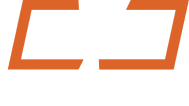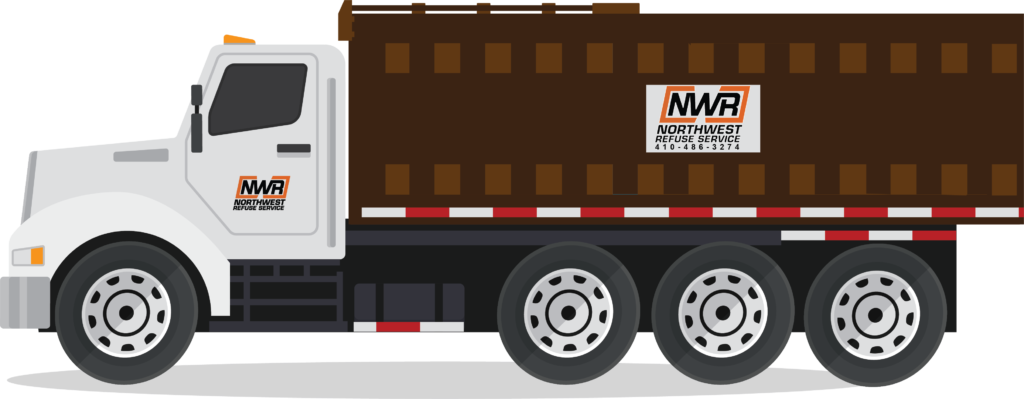Effective waste management is essential for maintaining a clean, organized, and eco-friendly home. By implementing simple and effective waste management strategies, homeowners can reduce waste, save money, and contribute to a healthier environment. Here’s a comprehensive guide to help you manage waste efficiently:
1. Understand and Categorize Your Waste
Proper waste management begins with understanding the types of waste you generate:
- General Waste: Includes everyday trash that cannot be recycled or composted, such as broken items, used tissues, and non-recyclable plastics.
- Recyclables: Materials like paper, cardboard, glass, and certain plastics that can be recycled. Check local guidelines for specific recyclable items.
- Organic Waste: Food scraps and yard waste that can be composted to reduce landfill waste.
- Hazardous Waste: Items like batteries, paint, and chemicals that require special handling and disposal.
2. Implement a Recycling Program
Recycling helps reduce landfill waste and conserves resources:
- Separate Recyclables: Use separate bins for paper, glass, plastics, and metals. Rinse containers to remove food residue and prevent contamination.
- Follow Local Guidelines: Adhere to your community’s recycling rules to ensure that your recyclables are accepted. Some areas have specific guidelines for sorting and preparing materials.
3. Start Composting Organic Waste
Composting is an eco-friendly way to manage organic waste and enrich your soil:
- Set Up a Compost Bin: Create a compost bin or pile in your yard. Include kitchen scraps (fruits, vegetables, coffee grounds) and yard waste (leaves, grass, small branches).
- Maintain Your Compost: Turn the compost regularly to aerate it and speed up decomposition. Avoid adding meat, dairy, and oily foods to prevent odors and pests.
4. Reduce Waste with Smart Shopping
Waste reduction starts with mindful shopping and consumption:
- Buy in Bulk: Purchase items in bulk to reduce packaging waste and save money. Choose products with minimal or recyclable packaging.
- Opt for Reusable Items: Use reusable bags, containers, and utensils instead of single-use products. This reduces waste and is often more cost-effective in the long run.
- Plan Meals: Plan meals and make grocery lists to avoid overbuying and reduce food waste. Use leftovers creatively to minimize food disposal.
5. Manage Large and Hazardous Waste Properly
Proper handling of large and hazardous waste management services ensures safe disposal:
- Dispose of Large Items: For large items like furniture or appliances, check if your local waste management service offers bulk pickup or schedule a special pickup.
- Handle Hazardous Materials: Locate designated drop-off sites or special collection events for hazardous materials such as batteries, paint, and chemicals. Follow safety guidelines for storing and transporting these items.
6. Utilize Waste Management Services Effectively
Effective use of waste management services can streamline disposal:
- Regular Pickup: Ensure you are subscribed to regular waste pickup services that meet your household’s needs. Consider scheduling additional pickups if necessary for large volumes of waste.
- Rent a Dumpster: For major projects or cleanouts, renting a dumpster can be a convenient solution for managing large amounts of waste efficiently.
7. Educate Your Household
Promoting good waste management practices within your household is key:
- Set Clear Guidelines: Create guidelines for waste separation, recycling, and composting. Post instructions near your bins for easy reference.
- Encourage Participation: Educate family members about the importance of waste reduction and recycling. Involve everyone in the process to foster good habits.

8. Monitor and Adjust Your Practices
Regularly review and adjust your waste management practices for improved efficiency:
- Track Waste Generation: Keep track of the types and amounts of waste you generate. Identify areas where you can reduce or improve your practices.
- Seek Feedback: Solicit feedback from household members or neighbors to identify challenges or areas for improvement.
9. Support Local Recycling and Waste Management Initiatives
Engage with community efforts to enhance waste management:
- Participate in Programs: Join local recycling programs and waste reduction initiatives. Participate in community clean-up events and educational workshops.
- Advocate for Change: Support policies and programs that promote sustainable waste management practices in your community.
10. Stay Informed and Updated
Keeping up-to-date with waste management practices and regulations is important:
- Research: Stay informed about best practices, new recycling guidelines, and waste management technologies. Utilize local resources for the latest information.
- Local Resources: Use local waste management resources to stay updated on services, regulations, and disposal options in your area.
Implementing simple and effective waste management strategies helps reduce your environmental footprint, saves money, and contributes to a cleaner and more sustainable community. By understanding and categorizing your waste, recycling, composting, and following these best practices, you can manage your household waste efficiently.


